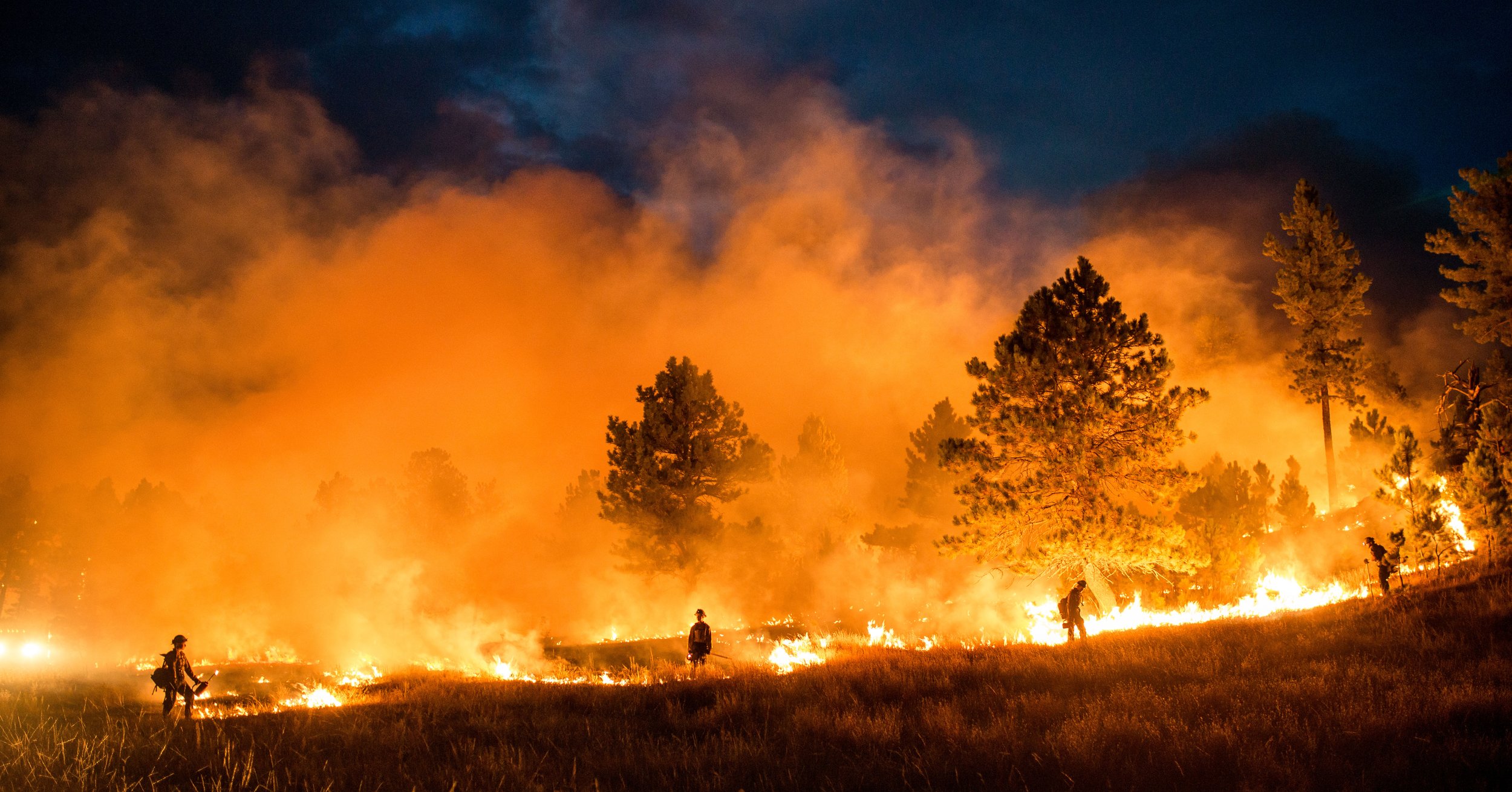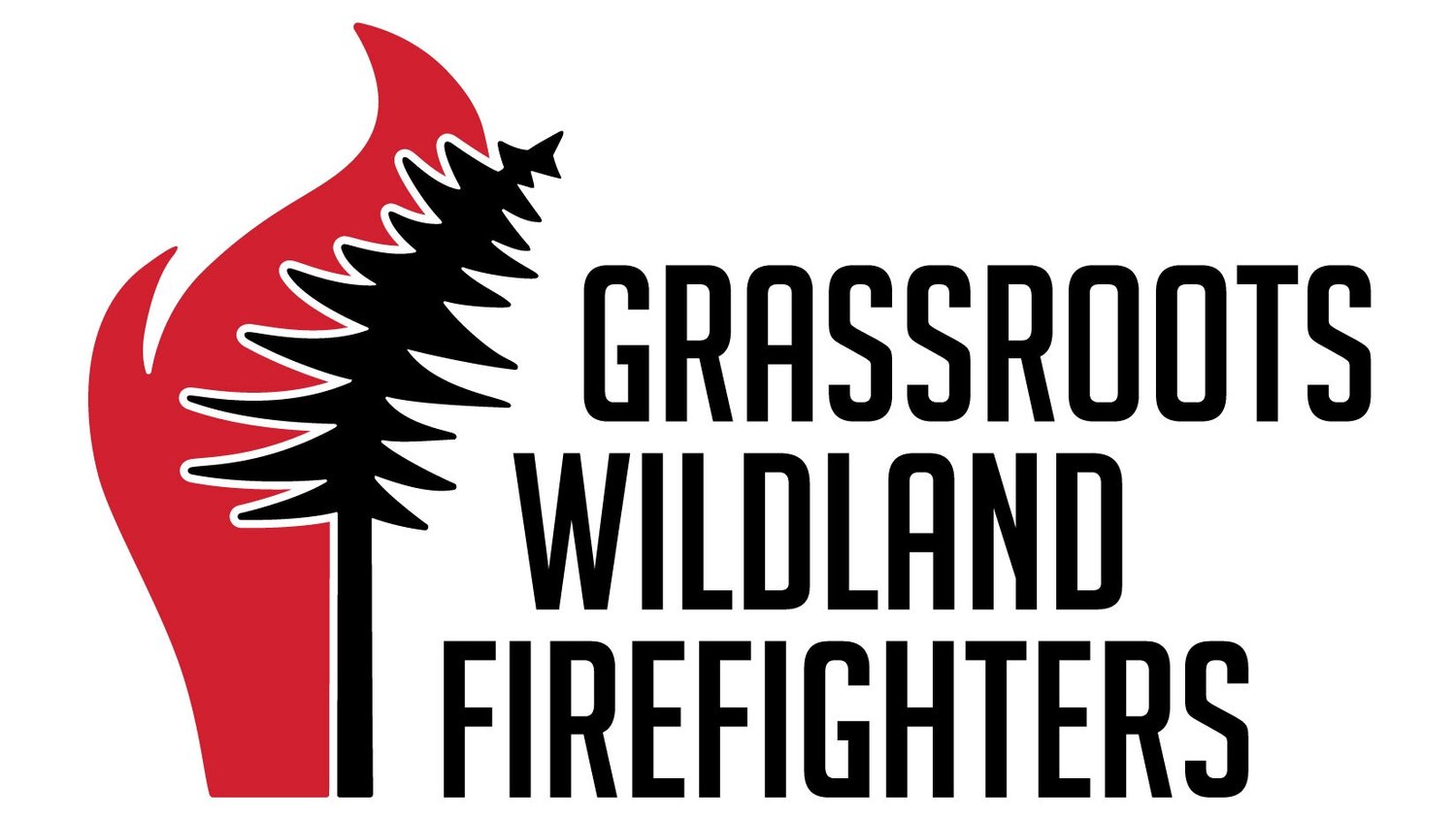
Wildland Firefighter Paycheck Protection Act (S.2272)
Legislation to improve overall compensation for federal wildland firefighters
Creating a new pay table, separate from the GS table.
Create new “Incident Response Premium Pay”, 450% of base pay rate daily, after 36 hours for all employees engaged in wildland firefighting
Create Rest and Recuperation Pay for recovering after a wildfire incident
What’s Changing?
New Pay Table Increases from GS Table:
GS-1 42%
GS-2 39%
GS-3 36%
GS-4 33%
GS-5 30%
GS-6 27%
GS-7 24%
GS-8 21%
GS-9 18%
GS-10 15%
GS-11 12%
GS-12 9%
GS-13 6%
GS-14 3%
GS-15 1.5%
Who gets Wildland Fire Incident Response Premium Pay? There are a lot of qualifiers:
First, your personnel have to qualify:
A covered employee means an employee of the US Forest Service or Department of the Interior who—
(A) Qualifies as a wildland firefighter based on the definitions of ‘firefighter’ and ‘wildland firefighter’ in section 5332a(a); or
(B) is certified by the applicable agency to perform wildland fire incident related duties during the period such employee is assigned to a qualifying incident;
Second, your event has to qualify:
The term ‘qualifying incident’ means a wildfire incident, a prescribed fire incident, or a severity incident, but excludes an initial response incident that is contained within 36 hours.
Definitions:
‘Wildfire Incident’ means a wildland fire originating from an unplanned ignition, such as lightning, volcanos, unauthorized or accidental human-caused wildfires, and prescribed fires that are declared wildfires.
‘Prescribed Fire Incident’ means a wildland fire originating from a planned ignition in accordance with applicable laws, policies, and regulations to meet specific objectives;
‘Severity Incident’ means an incident in which a covered employee is pre-positioned in an area where conditions indicate there is a high risk of wildfires;
Lastly, your qualified personnel have to meet these criteria:
“(b) Eligibility.—A covered employee is eligible for incident response premium pay under this section if—
“(1) the covered employee is deployed to respond to a qualifying incident; and
“(2) the deployment described in paragraph (1) is—
“(A) outside of the official duty station of the covered employee; or
“(B) within the official duty station of the covered employee and the covered employee is assigned to an incident-adjacent fire camp or other designated field location.
If all that is met, then:
“(2) COMPUTATION.—
“(A) FORMULA.—Subject to subparagraphs (B) and (C), premium pay under paragraph (1) shall be paid to a covered employee at a daily rate of 450 percent of the hourly rate of basic pay of the covered employee for each day that the covered employee satisfies the requirements under subsection (b), rounded to the nearest whole cent.
“(B) LIMITATION.—Premium pay under this subsection may not be paid—
“(i) with respect to a covered employee for whom the annual rate of basic pay is greater than that for step 10 of GS–10, at a daily rate that exceeds the daily rate established under subparagraph (A) for step 10 of GS–10; or
“(ii) to a covered employee in a total amount that exceeds $9,000 in any calendar year.
This pay is not part of basic pay and not used in FLSA calculations
New Rest and Recuperation Leave for employees engaged in wildland firefighting:
A covered employee may receive paid rest and recuperation leave following the completion of service under a qualifying incident, subject to policies established at the sole and exclusive discretion of the Secretary of the Agriculture or the Secretary of the Interior, as applicable. Each Secretary shall prescribe such policies after consulting with the other secretary.
Rest and recuperation leave granted under this section shall be used during scheduled hours within the covered employee’s tour of duty established for the leave-charging purposes and shall be paid in the same manner as annual leave. Rest and recuperation leave must be used immediately after a qualifying incident and may not receive any payment for unused rest and recuperation leave.

